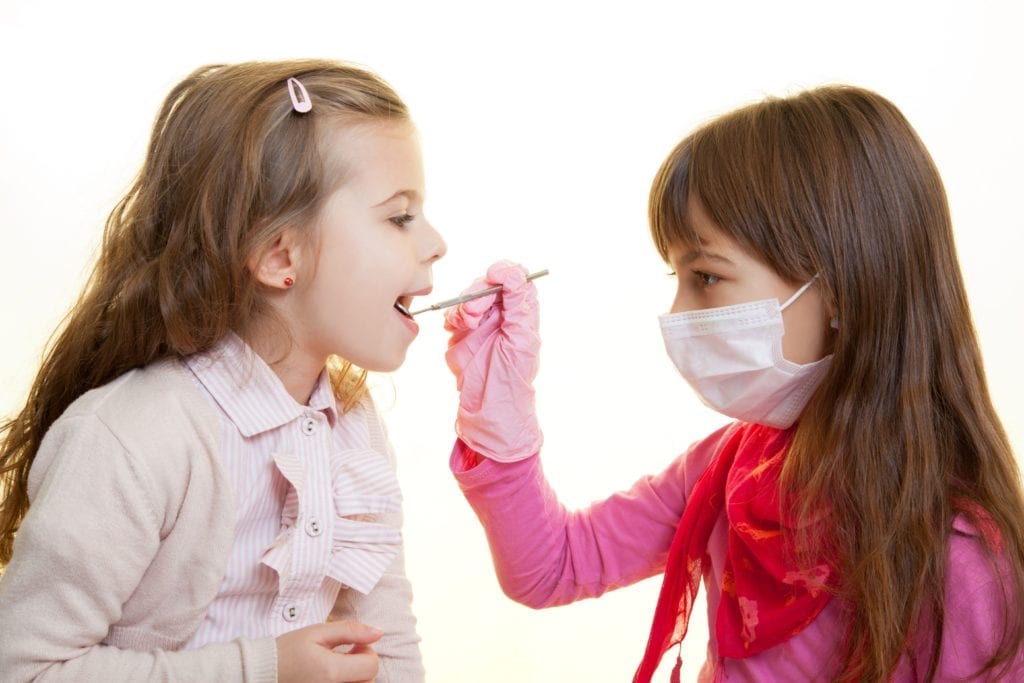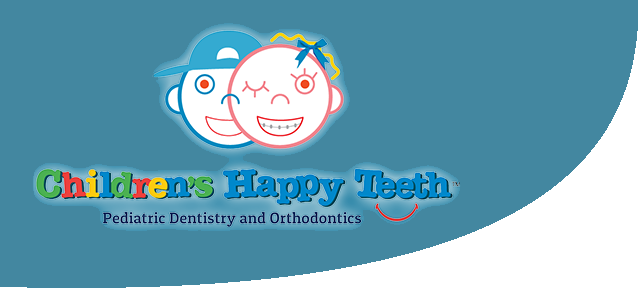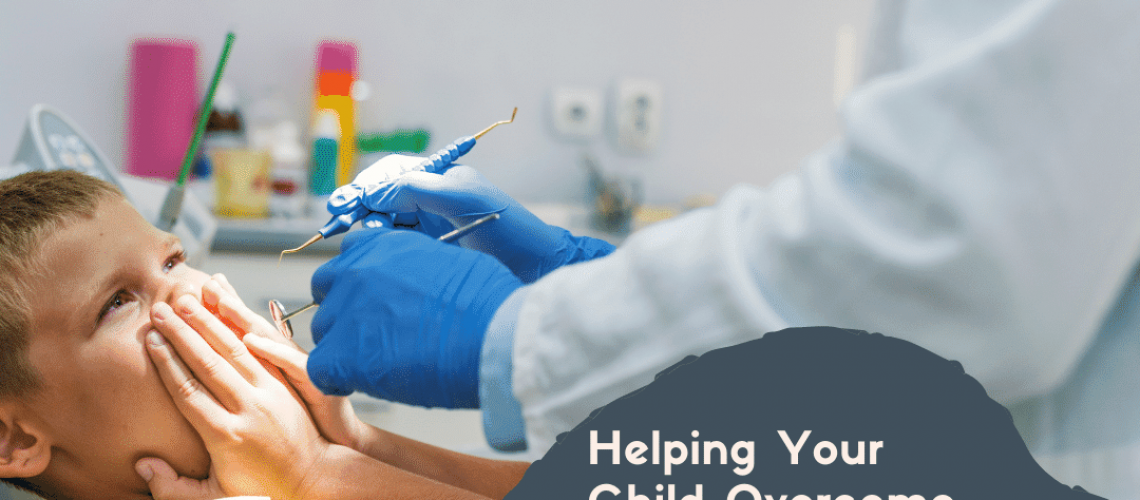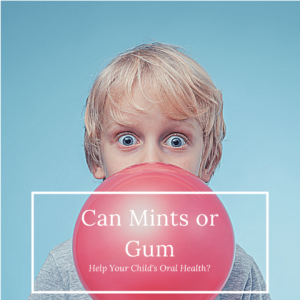For some children (and even adults!), visiting the dentist is no easy feat. This is because dental anxiety is a real problem that many patients experience. In fact, some people have dental phobia that is so severe, it prevents them from getting proper dental care as an adult. Therefore, addressing your child’s dental anxiety is not only important to help dental visits be easier, but it is also important to get them properly accustomed to dentistry without being excessively fearful. As a parent, there are many different ways that you can help your child deal with dental anxiety, including:
Manage Your Own Dental Anxiety
Are you one of the 9-20% of Americans affected by dental anxiety? If so, then one of the best things you can do for your child is to work on managing your own dental anxiety. As they grow, children learn from the way their parents react to a number of situations. This ultimately means that if they observe your dental anxiety, they will indirectly learn that they should be anxious when going to the dentist as well. Taking some time to work on your own anxieties about going to the dentist can help you learn strategies for coping with this anxiety. This, in turn, can help you indirectly communicate to your child that the dentist is not something to be feared.
Teach Relaxation Techniques

Teaching your child relaxation techniques can have a variety of benefits besides just making dental appointments easier. Relaxation techniques such as deep breathing and progressive muscle relaxation can reduce your child’s anxiety by helping to control its physical symptoms. Not only that, but it gives them something else to focus on during their appointment.
Tell Them What is Going to Happen
One of the main causes of dental fear is a fear of the unknown. Not knowing what is going to happen leaves your child to imagine a range of terrifying scenarios which feeds their anxiety. Explaining what is going to happen makes dental appointments more predictable and prevents them from imagining the absolute worst case scenario. It can also be helpful to describe what your child should expect in terms of sensory stimulation. For example, discussing the vibrations and sounds of dental tools, the taste of certain dental materials, or the dental tools they will see.
Use Positive Reinforcement
One mistake parents often make that they don’t even realize they are making is that they use the dentist as a punishment, rather than something positive. For example, saying things like “if you don’t brush your teeth the dentist will have to pull them out” creates a negative relationship with dentistry. Although this may get your child to brush their teeth that day, it can cause them to have severe dental anxiety later down the line. Instead, research finds that positive reinforcement goes a lot further and can help decrease dental anxiety. One way to use positive reinforcement is to set up a reward system where your child wins tokens or stickers for practicing good dental hygiene. They may also receive a special bonus for attending dental appointments, which will reinforce the idea that going to the dentist is a good thing.
Use Play to Build Understanding

Along with telling your child what is going to happen during a dental appointment, it can also be helpful to have them play dentist in the days or weeks leading up to their appointment. By teaching them a little about dentistry and having them act as the dentist, it familiarizes them with dentistry in a fun way. This also helps to create positive relationships with dentistry that can improve your child’s experience in the dental chair.





